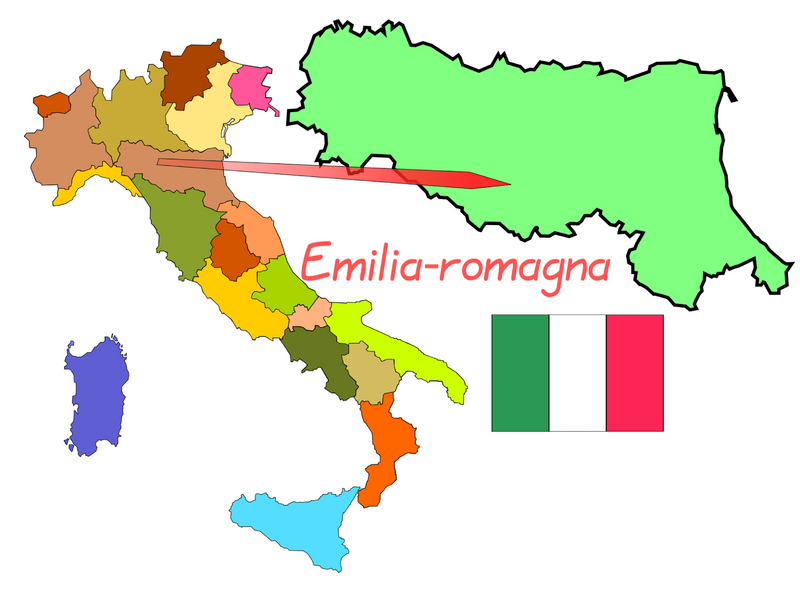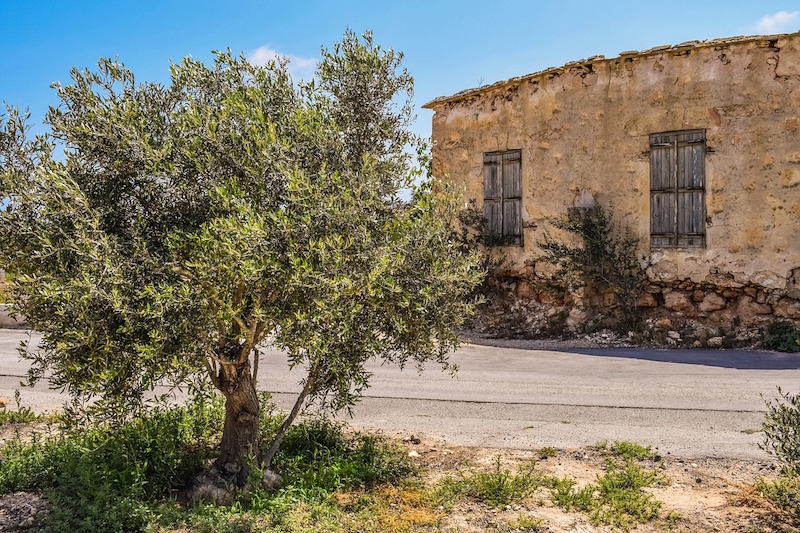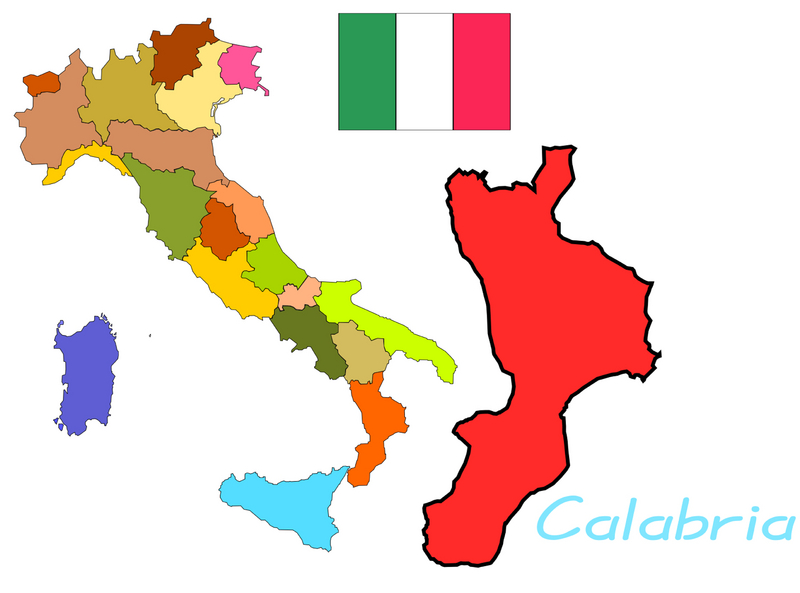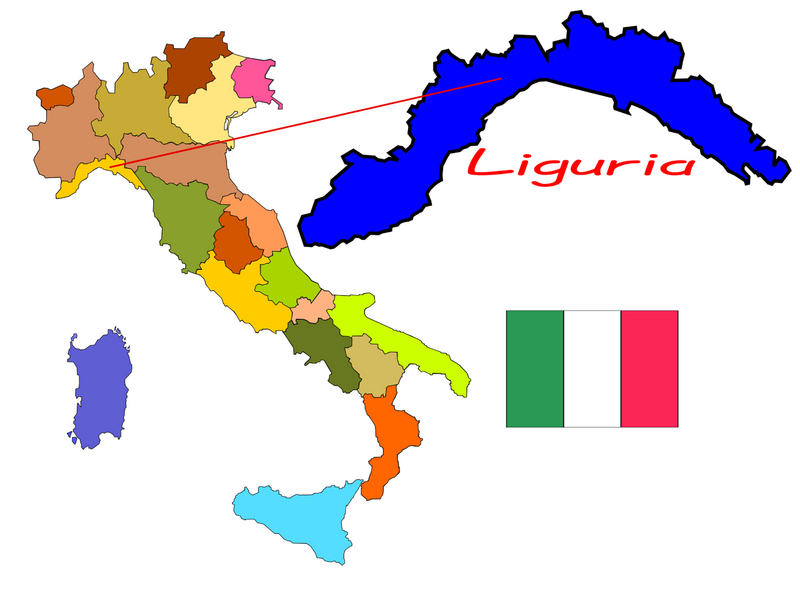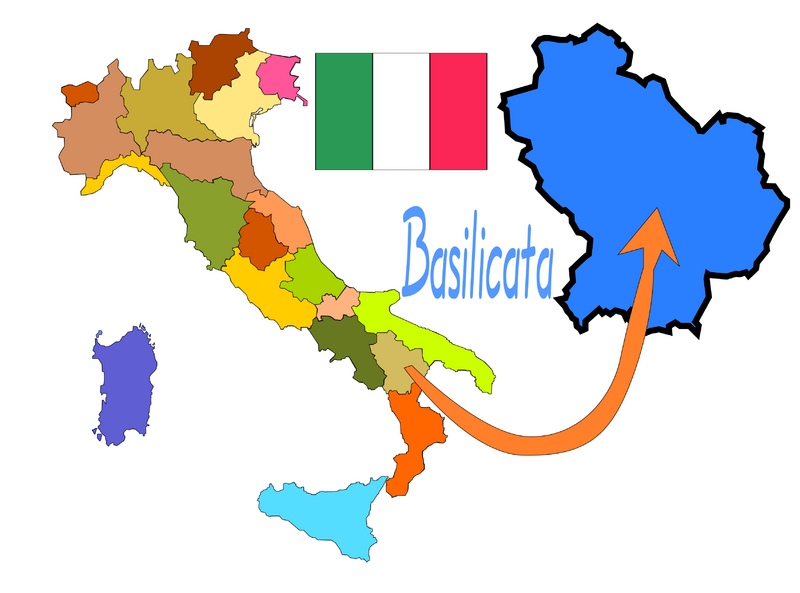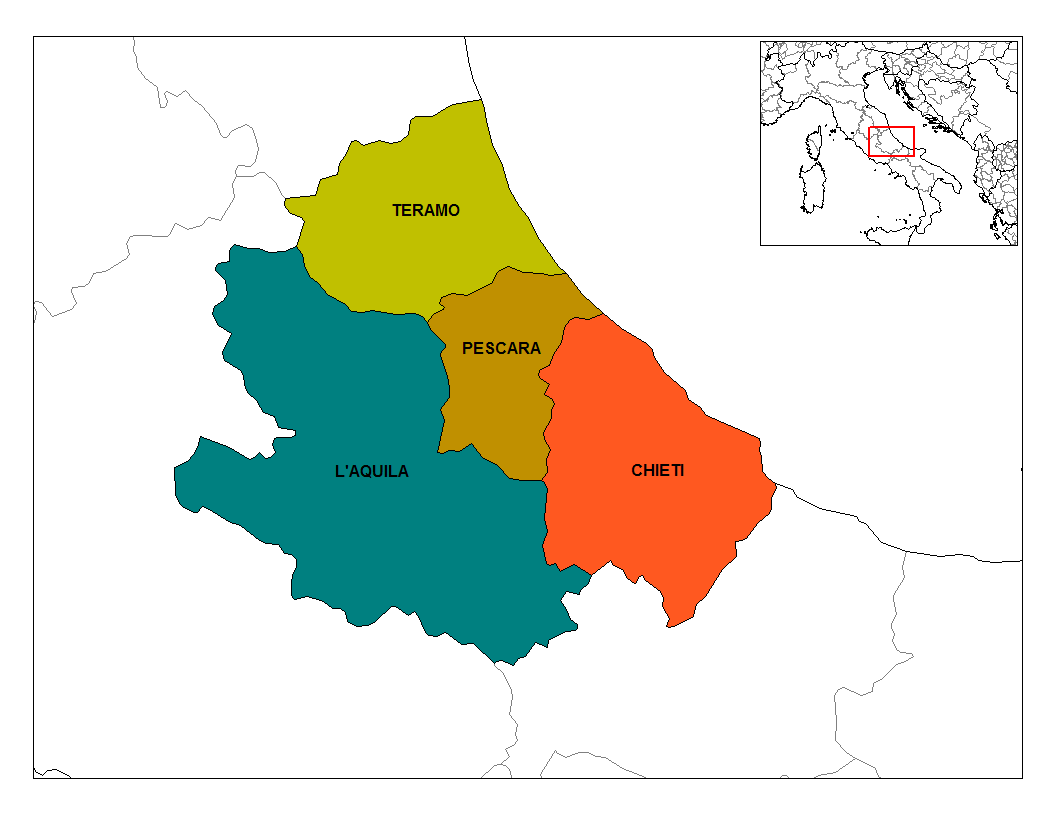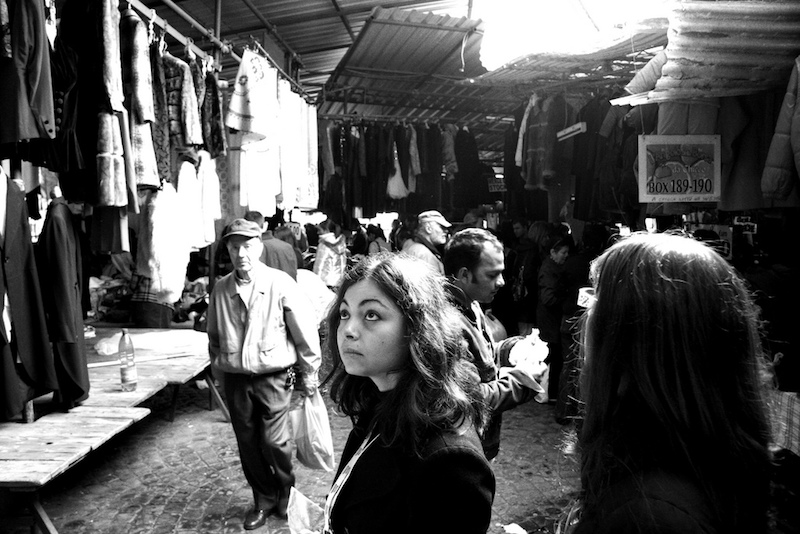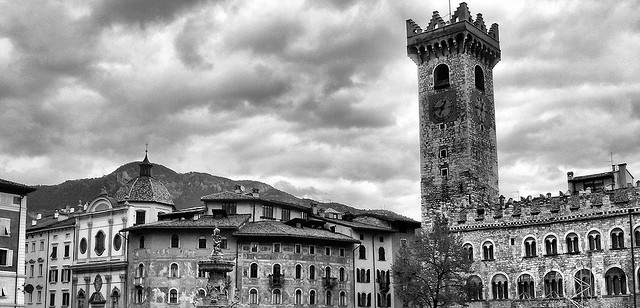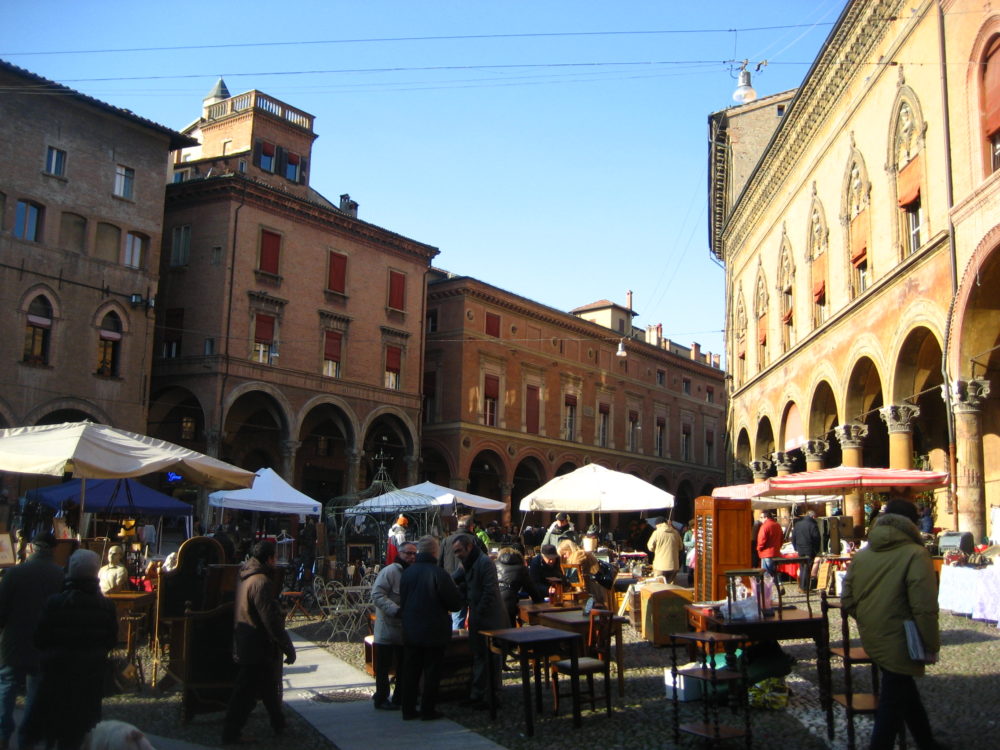You may think grocery shopping is a silly topic for an article.
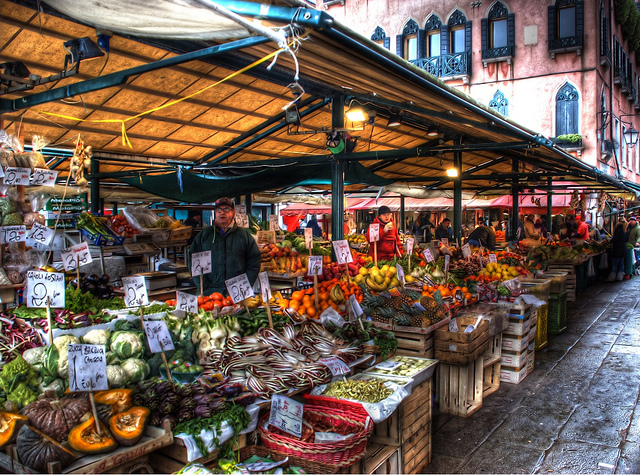
Well, it would be if I went on telling you about the difference between shopping in supermarkets and local stores or about the advantages of buying fresh and organic products versus highly processed stuff. These are all things we all very much know and, If I said Italians only shop in small shops and eat exclusively things coming from their next door neighbor’s orchard, I would only feed you a romantic stereotype that, even if rooted in a still solid reality, doesn’t necessarily meet the way of living of every single Italian.
One thing is certainly true: grocery shopping in Italy remains a very traditional type of activity, where even the younger generations often choose to shop in local, dedicated stores rather than supermarket chains, at least when it comes to fresh produce. This is due simple to the fact that, even today, and even in relatively small villages, the amount of “botteghe” ( that is, butchers, bakeries, greengrocers, delis and the likes) is still relatively high, in spite of the recession. Fundamentally, the average Italian likes to shop local and in locally run stores.
I live in a village of about 8000, on the Ligurian coast. Here, there are at least 10 greengrocers, half of them selling exclusively local, organic produce; an enormous amount of bakeries and delis; 5 or 6 cake and pastry shops; 5 or 6 butchers (again, only selling locally sourced meat), a plethora of fishmongers (we’re on the sea) and plenty of delis specialised in making fresh pastas and ready-to-eat dishes. On top of that, there is one large food and produce market on Saturdays, plus farmer markets in the main square on Wednesdays and Fridays. In my Piedmontese hometown, that counts today about 5000 people, there are 5 bakeries, 3 butchers, 5 or 6 green grocers, a fishmonger, a large cheesemonger, a plethora delis, one large farmer markets on Wednesdays and another on Saturdays. In larger cities like Turin, each area is likely to have farmer markets on certain week days and local “botteghe” are a plenty: basically, each area of a city would work as a small village from that point of view.
So, what are Italy’s favored grocery shopping habits and why do we still like shopping local so much? You’ll probably notice that many of these are similar to Americans’, whereas others may seem more peculiar to you, especially if you live in a city. Let’s take a look together and, of course, do get the conversation going on LifeInItaly Facebook Group if you have any comment to make on the topic!
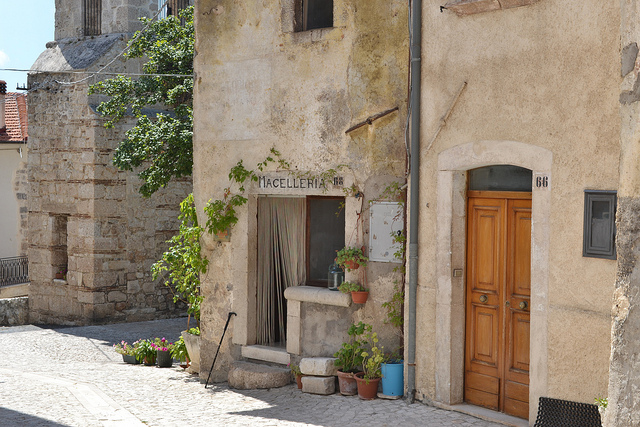
1. Not all shopping is born the same
If we really want to, we can sum up Italy’s attitude to grocery shopping just like that: not all shopping is born the same. Because, let’s face it, one thing is buying toiletries and housekeeping supplies, another is getting the food you eat. I think every Italian buys non-perishable goods at the supermarket nowadays: from shampoo to shower gel, from washing up liquid to school supplies, all is bought at the supermarket.
When it comes to food, however, we become very exigent. Average Italians, usually, prefer sourcing their vegetables, fruits, meat and fish locally by shopping in smaller stores that focus on one typology of product: meat at the butcher’s, bread at the bakery, vegs and fruit at the greengrocer’s. Farmer markets, which are very common throughout the country, are another favored choice. Both local shops and farmer markets source their produce nearby, which guarantees customers always have fresh, seasonal food to put on their tables.
Mind, in many cases, choosing local realities instead of a supermarket to get your food is not only a matter of quality, but also of convenience. If your food is grown or produced locally, there are little or no transport expenses involved, which means the final price (that is, what you pay) is lower.
2. We’ve been taught to shop like this (a.k.a. we’re tied to our tradition)
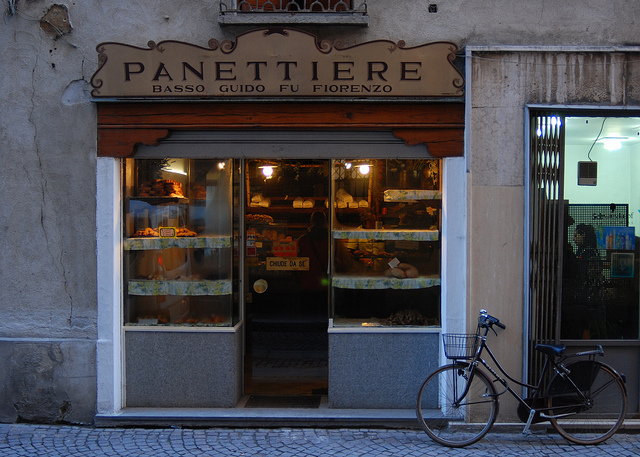
In life, we learn a lot from imitating what our elders do, and it’s very much the same when it comes to food shopping. A large chunk of we Italians grew up watching their parents and grandparents choosing smaller shops and markets for fresh food instead of the supermarket, and we sort of keep doing that way because, well… that’s the way we’re used to.
Of course, this doesn’t mean we don’t buy fruit and vegs at the supermarket: we all do, every now and then, especially when we’ve got to stick our weekly food shopping in our 40 minutes lunch breaks or at closing time, after we live the office.
Our tradition remains strong, though. And if in many other parts of the world, US included, the younger generations have been rediscovering the joys of buying local, we can say Italians have never quite forgotten how to do it.
3. Food is a cultural fixture
We mentioned it above, and you can read it in many articles on our website. In Italy, food is much more than nutrition. It’s the way you show your guests they’re welcome and your family you love them. Eating is the moment of the day the family finds time to listen to each other and enjoy each other’s company. It comes as no surprise, then, that we want our dishes to be delicious. Eating seasonal produce, avoid all that is industrially produced, go hand in hand with good taste and, to us, the best way to make sure we’re getting the best ingredients to cook the best meals is shopping local and avoid chain retailers. At least for all that is fresh.
4. We like the human touch
Well, who doesn’t, really? Truth is that shopping at a market or in smaller stores becomes a bit like going our for a quick coffee with a bunch of friends. The butcher knows what you like and can teach you how to cook meat properly; the greengrocer helps you choosing the freshest apples and tells you which are the best for tonight’s apple pie; the baker knows you like focaccia and is alreading cutting your usual two slices when she sees you getting in through the door.
In a way, especially if you live in a smaller place as I do, doing your weekly or bi-weekly run of shopping is an occasion to have a chat around town and get to know what happens. To many, especially to the elderly, going shopping becomes a daily fixture and helps not to feel alone, because small shops run on a different schedule from large chain supermarkets: there, you can still stop a minute and exchange a few words.
Small, local stores can become also a place of gathering: this Halloween, my local organic greengrocer, which is run by two lovely girls, decided to bypass candy and prepare homemade goodies for the kids trick or treating: brownies, fudge, fresh fruit jellies, cookies, apple cake slices. The shop, which was beautifully decorated with real leaves of all colors, tree branches and loads of pumpkins, became a hub for adults tasting cakes and asking for recipes. I admit it, it was pretty mental, but when I thought of it in the evening I said “how actually lovely was that?”.
The human touch, yes… what would we do without it?
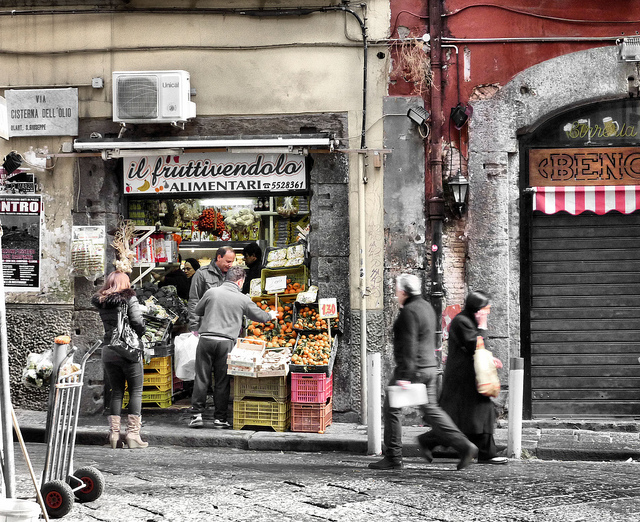
5. The US is getting closer and closer to Italian habits
Apparently, yes. More and more people are becoming aware of the advantages of sourcing your produce locally and the trend seems to be catching up on your side of the pond, too. I was talking to a friend of mine from Buffalo, NY, who confirmed it: “it really seems people of our generation (late 20s to mid 30s) started appreciating the advantages of shopping local, versus choosing large retailers chains. When I was a kid, in the 80s, we were less aware of it, but I’ve the impression it’s becoming more popular today, at least in my area.”
It’s a sort of return to nature, if you will, which also helps support local economy and create a stronger sense of community: what’s not to love?


